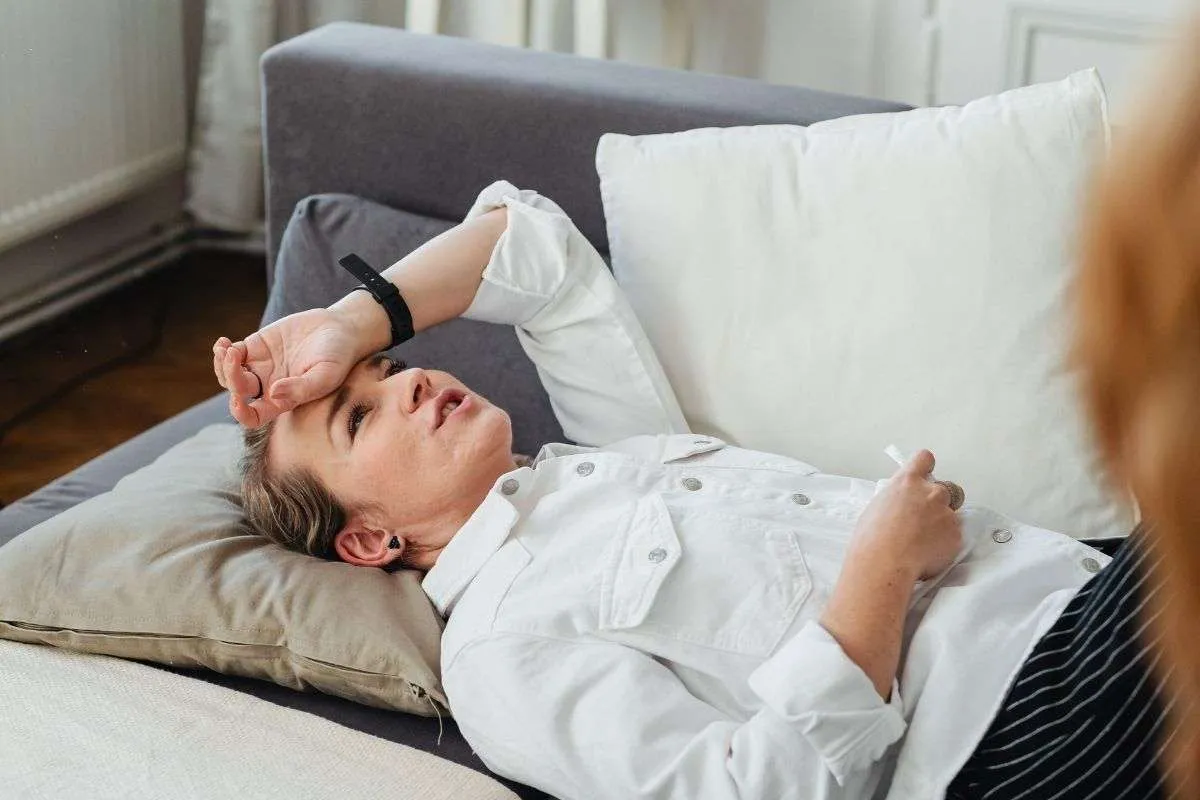 A recently published study looked at integrated behavioral health services and psychosocial symptoms in children.
A recently published study looked at integrated behavioral health services and psychosocial symptoms in children.
“Our study was about TEAM UP, which is a model of integrated behavioral healthcare that partners behavioral health clinicians and community health workers with pediatricians to provide team-based care,” study author, Chris Sheldrick, PhD, research and evaluation co-director of TEAM UP at Boston Medical Center told us.
“We were hoping to find out whether the behavioral health services TEAM UP offers through pediatric primary care settings are effective in reducing mental health symptoms over time.”
TEAM UP strives to make evidence-based treatments more accessible. Based on prior research, the research team expected that these treatments would work and felt it important to confirm that they actually work in real-world practice.
“Solutions are needed to address the youth mental health crisis,” Sheldrick told us. “Integrated behavioral healthcare offers a promising option.”
Most studies of mental health treatments require participants to complete additional questionnaires to assess symptoms. To reduce burden on families, the researchers relied on screening questionnaires that are routinely completed during clinical care and saved in the electronic medical record.
“We then compared how mental health screening scores changed over time among children who received a behavioral health service through TEAM UP to a matched group of children who did not receive services during that same time period,” Sheldrick told us. “On a technical level, we conducted what is called a propensity score analysis.”
The researchers found that behavioral health services delivered through TEAM UP were associated with improved mental health symptoms over time.
“We were confident that the treatments were effective,” Sheldrick told us. “However, screening questionnaires were designed to identify children with behavioral health problems, not necessarily to assess changes in symptoms over time. So, we were happy to learn that we could detect improvements in symptoms using existing standard screening questionnaires.”
Prior research demonstrates that children at pediatric practices that implemented TEAM UP were better able to utilize behavioral health services. This new finding demonstrates that those behavioral health services are associated with improvements in symptoms.
“Together, this provides solid evidence that TEAM UP is effective and that it offers a promising way to address the youth mental health crisis nationwide,” Sheldrick told us.
Patricia Tomasi is a mom, maternal mental health advocate, journalist, and speaker. She writes regularly for the Huffington Post Canada, focusing primarily on maternal mental health after suffering from severe postpartum anxiety twice. You can find her Huffington Post biography here. Patricia is also a Patient Expert Advisor for the North American-based, Maternal Mental Health Research Collective and is the founder of the online peer support group – Facebook Postpartum Depression & Anxiety Support Group – with over 1500 members worldwide. Blog: www.patriciatomasiblog.wordpress.com
Email: tomasi.patricia@gmail.com










